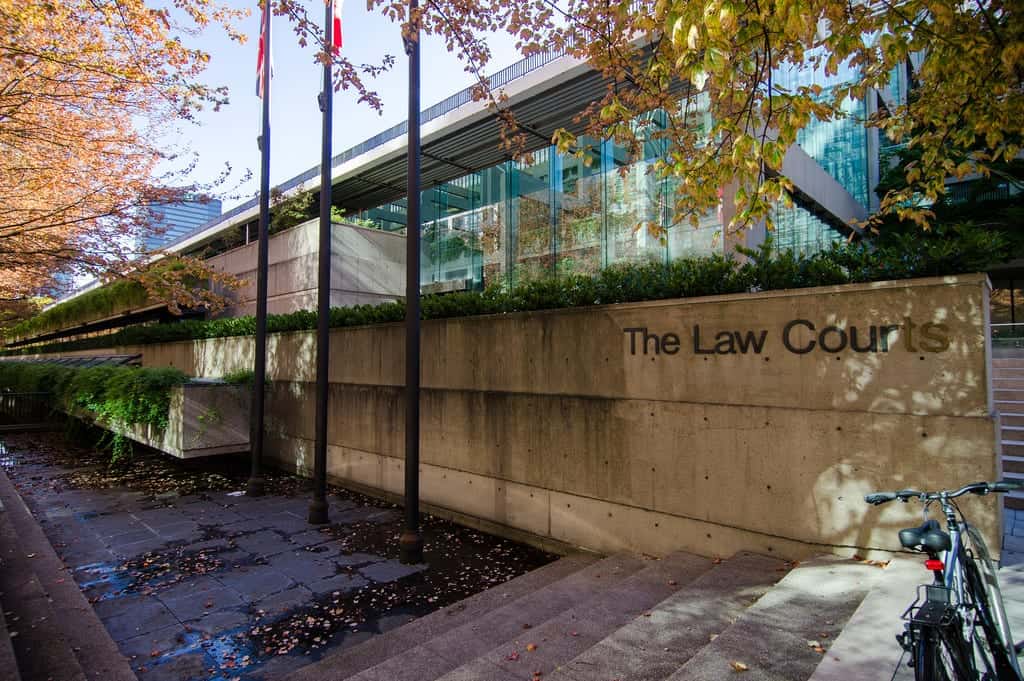These days in BC and the lower mainland in particular, the “opioid crisis” is no secret. I don’t believe anyone would disagree that we as a society are in the throes of an unprecedented health crisis.
What is Fentanyl?
Fentanyl was synthesized in 1960. It is 50-100 times more potent than morphine but considered significantly safer due to the decreased risk of respiratory depression in patients. Therefore, it quickly became the preferred anesthetic for cardiac surgery. When it began being available by prescription to treat pain, people of course began abusing it.
Fentanyl was much cheaper than heroin so dealers often cut heroin or other drugs with small amounts of fentanyl. The unintentional fatalities by overdose where fentanyl was detected date back to the early 2000s, however, the problem skyrocketed in Canada beginning in about 2014-2015. People are not just unwittingly consuming drugs laced with fentanyl now; it has become a drug of choice and a profitable commodity along with its much more potent analogues.
Fentanyl in BC
In 2013-2014, fentanyl overdoses began claiming lives at staggering rates, and those rates have steadily increased. In 2017, over 600 people in BC died from fentanyl-related overdoses, and 84% of all drug overdose deaths in BC included fentanyl or its analogues. In Canada, opioid related deaths increased by 34% between 2016 and 2017. The rate for non-opioid related overdose deaths however, remains stable, with no significant increase, which has been interpreted (I think naively) by the authorities to mean this is a problem with a specific drug rather than with addiction. Public awareness of the dangers of fentanyl followed shortly thereafter, and the criminal justice system responded accordingly.
Related: Drugs and Music Festivals/Raves
Sentencing For First Time Drug Trafficking Offenders In BC
In March of 2017, the BC Court of Appeal in R. v. Smith increased the sentencing range for first time, street-level fentanyl traffickers to 18-36 months, making sentencing 3-6 times harsher for fentanyl than for other Schedule I substances.
Smith is the leading case for street-level fentanyl dealers. For higher-street-level to mid-level traffickers, sentences in the range of 2 years less a day to 8 years have been recently handed down. For higher-mid-level to “king pin” type fentanyl dealers, recent sentences in the range of 8 – 16 years have been given.
To put this into context for a moment, consider that in 2014, almost 1300 people in Canada were killed in car accidents caused by impaired drivers. That is well over 50% of all car accident fatalities. These numbers are comparable to recent opioid/drug overdose fatalities in BC and Canada. The BC Coroners Service estimates that 3.5 people die every day in BC from illicit drug overdoses, while MADD estimates that 3.5 people die every day in Canada from accidents caused by impaired drivers.
If we are sentencing offenders based on the level of risk they knowingly take on with respect to the safety of the public, then these two types of offences should yield comparable sentences. The high level of risk to the public is well-known for both impaired driving and the sale of fentanyl.
Impaired driving causing death can yield sentences in the range of 18 months to 8 years. However, simple impaired driving (NOT causing death) cases almost never result in jail or even a criminal record for a first-time offence. Yet, fentanyl trafficking NOT causing death still leads to the pen.
Related: Bill 17 and the Changes to the Motor Vehicle Act
Fentanyl Charges in BC
What we are seeing is a misguided, panicked response by the courts, which, along with the government, are under great pressure to solve a health crisis. The result is a legal landscape which is highly unfriendly to the accused.
The Crown approaches fentanyl sentencing with a lack of discretion to negotiate. They may not give an accused credit for pleading guilty. They may seek consecutive jail sentences on each charge. They base their sentencing positions on Crown policy, not on case law. They have even reserved the right to charge fentanyl dealers with manslaughter. While it hasn’t happened in BC yet, is has in Ontario and Alberta. The outcomes of those cases are not yet determined. The approach taken by the Crown can be summarized as aggressive and unsympathetic. This can and needs to be countered by defence counsel.
While the courts have increased sentences, they have also left room for certain arguments in favour of a lower sentence. These arguments range from emphasizing certain mitigating factors to relying on specific cases to seek concurrent sentences for different offences. There are also well-supported arguments to be made about the effectiveness of jail in achieving deterrence and whether deterrence actually works on drug traffickers. Charter arguments can also be made at the sentencing stage; establishing a Charter breach in the investigation can result in a reduction of sentence.
The existence of the fentanyl crisis is not a matter of debate. The solution, however, is. The response of the courts has been swift and harsh but is still being refined. In time, the voices of reason (mental health and addictions experts) will prevail. In time, courts will be forced to rethink their approach. In time, it will become clear that harsh sentences have been given, but fentanyl hasn’t gone away and addiction hasn’t been cured. Until that time comes, as defence counsel, I will continue putting the information before the courts and advocating zealously for fair sentences for my clients. If you are facing a fentanyl charge please contact us for assistance with your case.
If you want more information about the consequences of drug possession and use, or are a first-time drug trafficking offender in BC, contact Filkow Law today.

